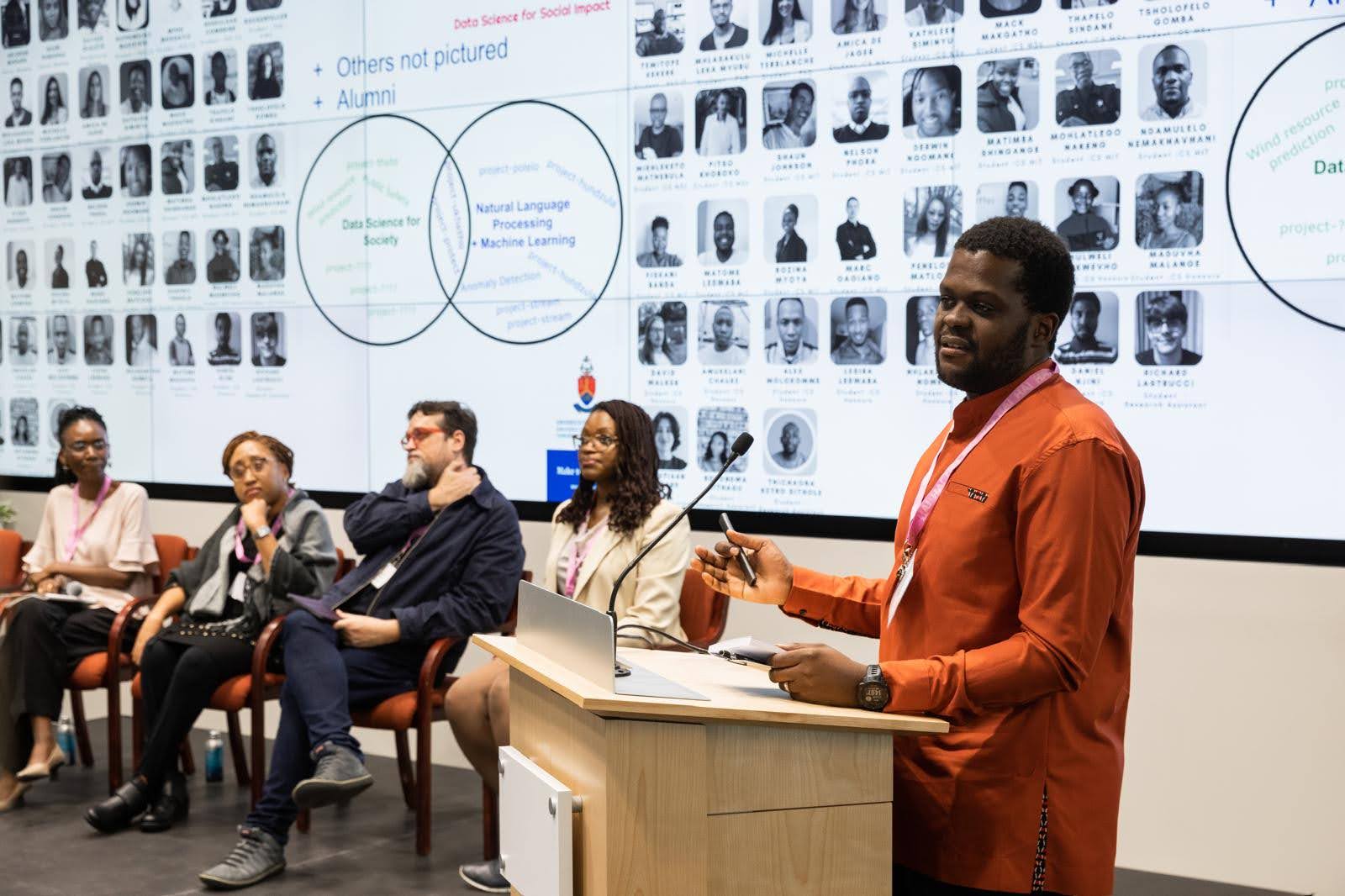Standford HAI: African AI Realities and Potential on the Africa Continent
Recorded at the AI+Policy Symposium: A Global Stocktaking on 16 April 2024

Panel Title: Realities and Potential on the Africa Continent
Speakers
-
Justin Arenstein CEO, Code for Africa -
Barbara Glover Program Officer – African Union High Level Panel on Emerging Technologies, African Union Development Agency-NEPAD -
Vukosi Marivate UP ABSA Chair of Data Science, University of Pretoria -
Kiito Shilongo Senior Tech Policy Fellow, Mozilla
Moderator Chinasa T. Okolo | Fellow of Governance Studies, Center for Technology Innovation, the Brookings Institution
Summary by Llama 3 from Auto-Generated Youtube Transcript
Some key points mentioned by the panel include:
- The importance of language as a catalyst for AI adoption in Africa
- The need for guardrails and policies that ensure responsible AI development and deployment
- The challenges of coordination between different countries, organizations, and stakeholders
- The potential risks of AI being used to perpetuate social and economic inequalities
- The need for normative frameworks and guidelines to promote ethical AI practices
- The importance of human rights in the development and application of AI
Overall, the panel suggests that there is a need for systemic changes to ensure that AI adoption in Africa benefits the continent’s people and promotes economic growth, innovation, and development.
Youtube Video
Disclaimer
This video was extracted from the web recording of the “AI+Policy Symposium: A Global Stocktaking” hosted by Stanford HAI (Human-Centered Artificial Intelligence). All copyright belongs to Stanford University, and we acknowledge their ownership and rights over this content.
We have extracted this panel discussion for educational and research purposes only, with the intention of assisting viewers in finding and accessing the content. This video is not intended for commercial use or profit, and all intellectual property rights remain vested with Stanford University.
By sharing this video, we aim to promote open access to knowledge and facilitate discussions on AI policy-related topics. We believe that sharing information can benefit the academic community and contribute to a better understanding of these important issues.